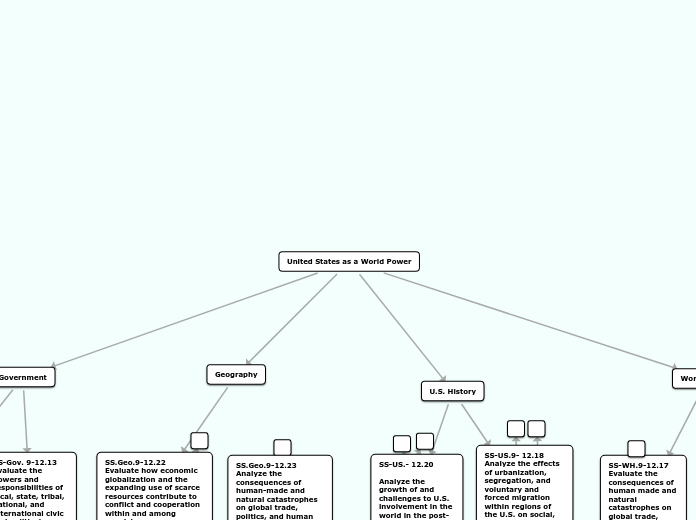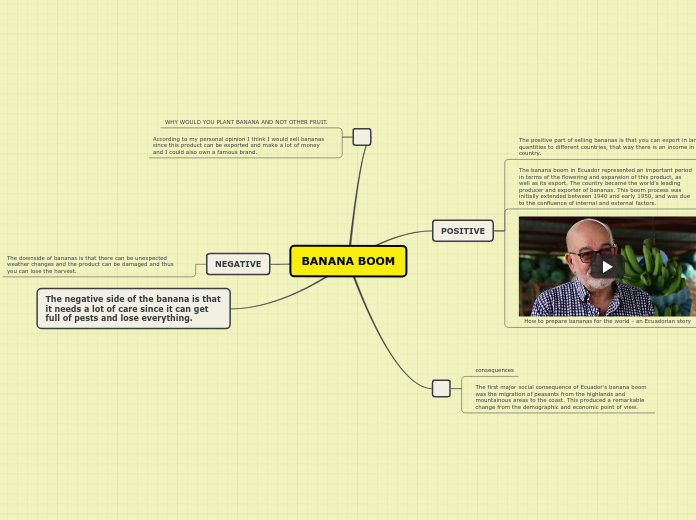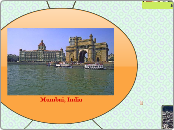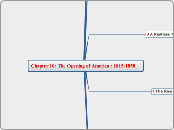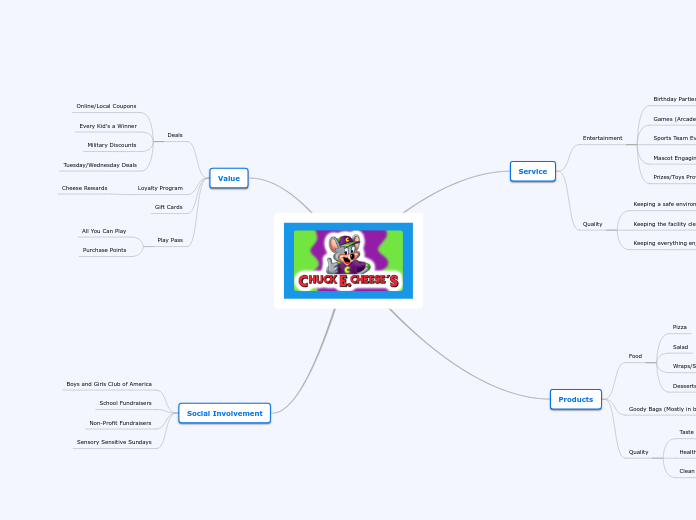jonka Tyler Rasmussen-Hinners 4 vuotta sitten
332
United States as a World Power
The growth of the United States as a global power in the post-World War II era involved complex dynamics and challenges. This period saw significant U.S. involvement in international affairs, shaped by both human-made and natural events that impacted global trade, politics, and migration patterns.
